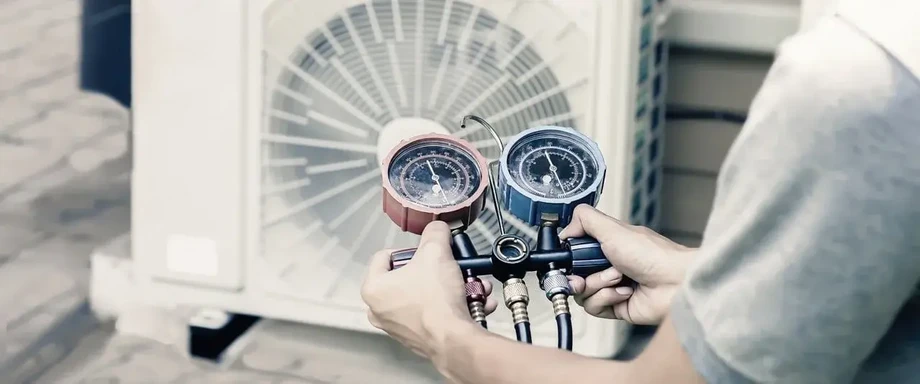When it comes to keeping your home comfortable, few appliances play as crucial a role as your air conditioning system. Whether you're battling scorching summer heat or seeking warmth during winter chills, a well-maintained and efficient air conditioner is your best ally. In this comprehensive 650-word guide, we'll walk you through everything you need to know about air conditioning, from choosing the right system to optimizing its performance and ensuring it stays in top shape for years to come. Say goodbye to uncomfortable temperatures and hello to a more relaxed and pleasant living environment.
Types of Air Conditioning Systems
Before diving into the details of air conditioning, it's essential to understand the various types of systems available:
Central Air Conditioning: Ideal for cooling entire homes, central AC systems distribute conditioned air through ductwork and vents.
Ductless Mini-Splits: These systems provide zoned cooling and heating without ducts, making them perfect for room additions or homes without ductwork.
Window Air Conditioners: A cost-effective option for cooling individual rooms, window units are easy to install and operate.
Portable Air Conditioners: Offering flexibility and mobility, these units are ideal for cooling specific areas but may require proper ventilation.
Choosing the Right Size
Selecting the appropriate size of the air conditioner is crucial for efficiency and comfort. An oversized unit will cycle on and off frequently, leading to energy wastage, while an undersized one will struggle to maintain desired temperatures. Consult with a professional HVAC technician to determine the correct size based on factors such as square footage, insulation, and local climate conditions.
Energy Efficiency and SEER Ratings
Energy efficiency is not only eco-friendly but also cost-effective. Check the Seasonal Energy Efficiency Ratio (SEER) rating when shopping for air conditioners. Higher SEER ratings indicate better efficiency and lower operating costs over time. Additionally, look for units with the ENERGY STAR label, which signifies compliance with environmental standards.
Installation and Maintenance
Proper installation is essential for optimal performance. It's highly recommended to hire a licensed HVAC contractor for installation to ensure that the unit is correctly sized, sealed, and calibrated.
Regular maintenance is equally important. Change or clean air filters regularly, keep the condenser coils clean, and schedule annual professional check-ups. Routine maintenance not only extends the lifespan of your air conditioner but also ensures it runs efficiently.
Optimizing Performance
To get the most out of your air conditioning system, consider these tips:
Use a programmable thermostat to adjust temperatures when you're away from home.
Seal gaps and cracks in windows and doors to prevent air leakage.
Close blinds and curtains during the hottest parts of the day to reduce heat gain.
Ensure proper airflow by keeping vents unblocked and clean.
Common Issues and Troubleshooting
Air conditioning systems can experience various issues over time. Some common problems include:
Insufficient Cooling: Check and clean filters, inspect for refrigerant leaks, and ensure the thermostat is set correctly.
Strange Noises: Grinding, squealing, or rattling sounds may indicate loose or worn-out components that require repair or replacement.
Uneven Cooling: Ductwork issues, improper insulation, or blocked vents can lead to inconsistent cooling; consult an HVAC technician for diagnosis and solutions.
High Energy Bills: If your energy bills spike, it could indicate inefficiency or a malfunctioning system; schedule a professional inspection.
For More Info:-
daikin air conditioners review
Panasonic air conditioner review
Worcester bosch greenstar 8000 style combi boilers review





Comments